
Envoy: Iran, Russia Resolute to Increase Trade Volume
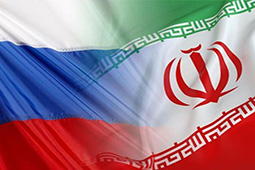

Sanayee said that the current level of economic relations between Iran and Russia could be raised even higher given the two countries’ vast potentials.
He made the remark in a national conference on multilateralism in Iran’s foreign policy on Sunday.
“Unfortunately, the previous round of sanctions left an adverse impact on the economic ties between Iran and Russia, to the point where our banking and trade ties were nearly paralyzed,” the Iranian ambassador noted.
He went on to add, however, “currently, we are making efforts to revitalize our economic relations, and we believe that the new round of US sanctions will not have a serious impact on the two countries’ relations”.
He said Russians have not abandoned any serious project in their interactions with Iran.
“Russia is our partner, and I don’t think the positions of any country in the region are as close to Iran as those of Russia,” Sanayee said. “I also think that the Russians have the same opinion that Iran’s positions in the international and regional arenas are the closet to them, although the two countries have their own particular views on certain issues."
Sanayee further noted that in the past five years, Iranian and Russian presidents had met and held talks for some 16 times, and Iranian Foreign Minister Mohammad Javad Zarif had visited Russia and held talks with the country’s officials for over 20 times in the same period.
Early in December, Chairmen of the Iranian and Russian chambers of commerce, in a meeting in Tehran, agreed to cooperate on annual Iran-Russia trade conference, urging the governments in Tehran and Moscow to extend backing to the private sectors in the climate of sanctions.
Chairman of Iran’s Chamber of Commerce Gholamhossein Shafei and his Russian counterpart Sergey Katyrin, in a late Saturday meeting in Tehran, exchanged views on mutual coordination for holding annual Iran-Russia Trade Conference was the most significant topic discussed during the meeting, he said.
Noting that holding the event plays a crucial role in strengthening economic cooperation between the two countries, Katyrin said that holding last year’s conference hosted by Iran brought suitable feedbacks from the participants.
He further maintained that oil and gas, agriculture, foodstuff, transportation and logistics are among the topics which can be discussed during the upcoming Iran-Russia Trade Conference.
Shafei, for his part, said that US sanctions have created new conditions for the two countries’ economic activists which should be used.
During the meeting, it was also agreed Iran-Russian Trade Conference be held in Saratov, Russia in July 2019.
Russian officials have repeatedly voiced their country's willingness in different occasions to broaden bilateral ties with Iran.
In late August, Russian Deputy Defense Minister Alexander Fomin told his Iranian counterpart Brigadier General Qassemi Taqizadeh in Moscow that his "country is resolved to broaden defense cooperation with Iran".
Before that, Chief of Staff of Iran's Armed Forces Major General Mohammad Hossein Baqeri and Russian Deputy Defense Minister General Valery Gerasimov in a meeting in Tehran discussed expanding mutual cooperation, especially in military and defense fields.
Expansion of Iran-Russia relations has gone smoothly in the past years as the two sides have held a wide gamut of ties in the fields of energy, rail and aviation industries.
Iran exported close to $300 million worth of non-oil goods to Russia during the past Iranian year (March 2017-2018).
Food products accounted for 70% of the exports to the northern neighbor. Metal, cement, chemical materials and minerals were among other commodities exported from Iran to Russia. Reportedly, 14 Iranian chambers have offices in Russia.
In the last several years, Iran and Russia have had vast cooperation in different fields, especially in political and economic spheres.
The two states also enjoy special positions on the international scene and have long had constant and regular consultations on key regional and global issues.
On November 23, President Putin arrived in Tehran to meet Iran's top officials and participate in the Gas Exporting Countries Forum (GECF) conference.
Upon arrival in Iran, he rushed to meet Supreme Leader of the Islamic Revolution Ayatollah Seyed Ali Khamenei that lasted for two hours. Then later in the day he met his counterpart President Rouhani and the two presidents also attended a press conference.
Also on November 23, high-ranking Iranian and Russian officials inked 7 cooperation Memoranda of Understanding (MoU) in the presence of President Rouhani and President Putin.
One of the documents endorsed by Iranian and Russian top diplomats Mohammad Javad Zarif and Sergei Lavrov eased visa requirements for reciprocal visits by the two countries' nationals.
The other documents and MoUs were related to the health, railway, banking, insurance, electricity, power plant, water, and energy sectors.


Gold price inches higher with spotlight on US-China trade talks
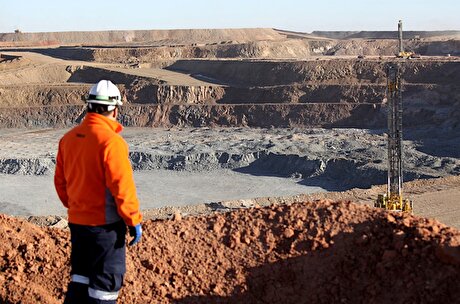
Rio Tinto faces major engineering change at Oyu Tolgoi
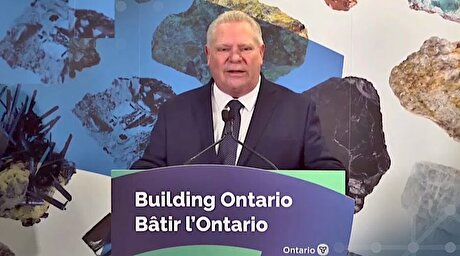
Ontario fast-tracks controversial mining law

Trump confirms rare earth deal with China

Petra Diamonds rethinks sales tactics as market slump drags on
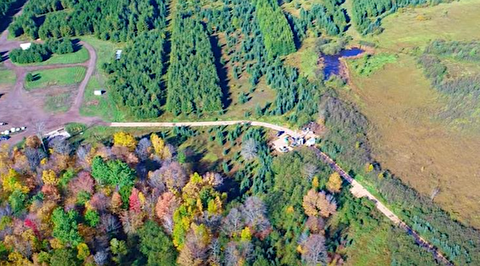
Talon Metals plummets as it prices financing at discount to fund nickel project
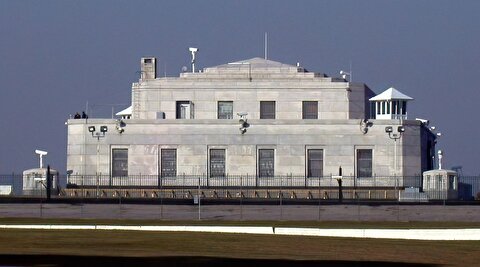
US lawmakers push for comprehensive audit of Fort Knox gold

Ivanhoe slashes 2025 copper guidance by 28% following DRC mine restart
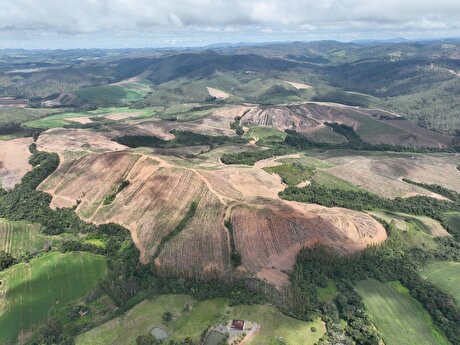
Rare earth startups eye slice of $1 billion bounty from Brazil
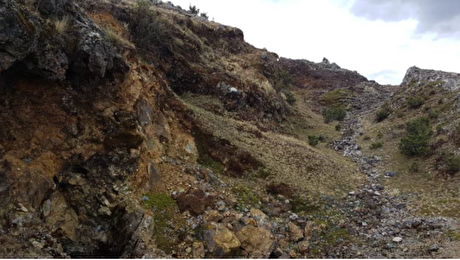
Condor-Teck copper project in Peru receives environmental approval

KORITE acquisition in Alberta creates world’s only mine-to-market ammolite producer

Gold price extends rally following Israeli attack on Iran
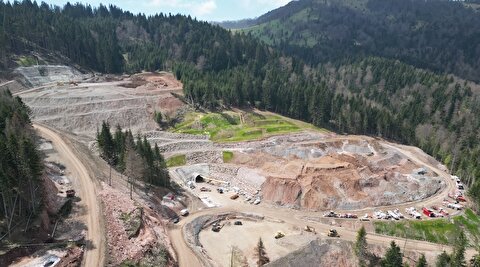
Dundee Precious Metals to buy Adriatic in $1.25B deal
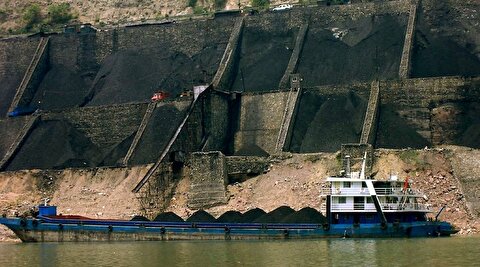
Perseus forecasts 2.7 million oz. gold production over five years
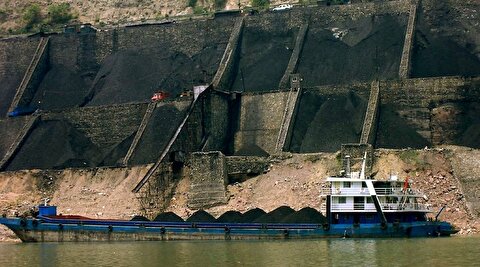
China coal imports could drop by up to 100mt in 2025, industry group says

Rare earth startups eye slice of $1 billion bounty from Brazil
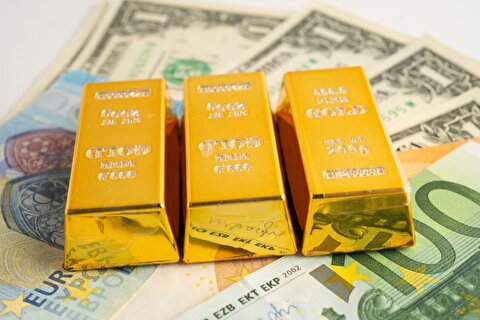
Gold surpasses euro as second-largest reserve asset: European Central Bank
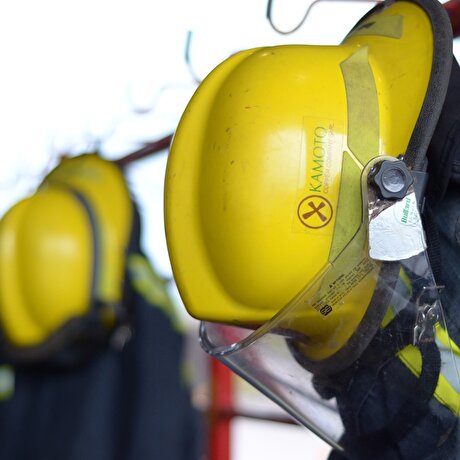
Glencore halted some cobalt deliveries over Congo export ban

Resolution stakes claim in US critical minerals market

KORITE acquisition in Alberta creates world’s only mine-to-market ammolite producer

Gold price extends rally following Israeli attack on Iran

Perseus forecasts 2.7 million oz. gold production over five years

China coal imports could drop by up to 100mt in 2025, industry group says

Rare earth startups eye slice of $1 billion bounty from Brazil

Gold surpasses euro as second-largest reserve asset: European Central Bank

Glencore halted some cobalt deliveries over Congo export ban

Resolution stakes claim in US critical minerals market

Ivanhoe slashes 2025 copper guidance by 28% following DRC mine restart












